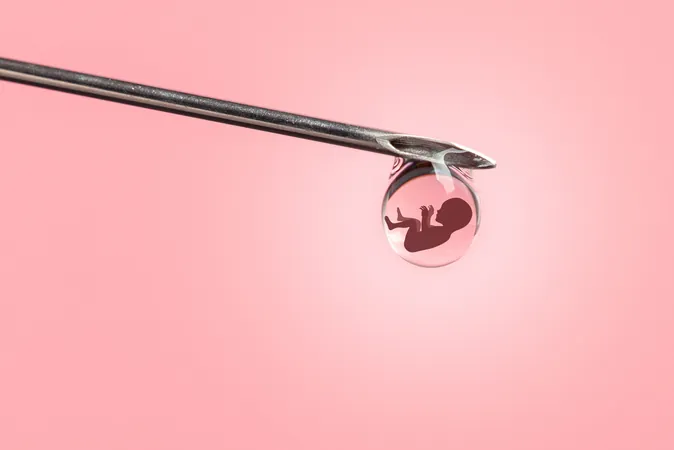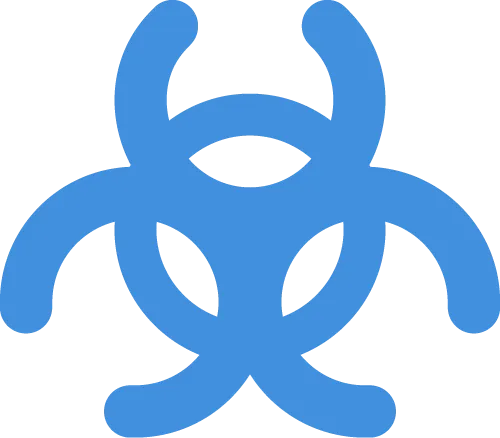
Alarming Link Revealed: IVF Babies at Higher Risk for Heart Defects!
2024-10-04
Author: Yu
Introduction
Recent research from Sweden has unveiled a troubling correlation between assisted reproductive technologies (ART), specifically in vitro fertilization (IVF), and an increased prevalence of congenital heart defects (CHDs) in children. Published in the European Heart Journal, this pivotal study sheds new light on the health implications for children conceived through these advanced reproductive techniques.
Understanding Congenital Heart Defects (CHDs)
Congenital heart defects, the most common type of birth defect, occur due to the abnormal development of the heart during pregnancy. These defects can significantly affect the heart's structure and function, leading to impairments in how the heart pumps blood. Some of the most prevalent CHDs include septal defects, heart valve malformations, and abnormalities involving major blood vessels.
The CoNARTaS Study Findings
The CoNARTaS study, which stands for the Committee of Nordic Assisted Reproductive Technology and Safety, highlights the growing need to understand the linkage between ART procedures and heart-related issues in children. The research analyzed data from over 7.7 million births across Denmark, Finland, Norway, and Sweden, revealing that children born after ART, which includes IVF and intracytoplasmic sperm injection (ICSI), were more likely to have major CHDs compared to their spontaneously conceived counterparts.
Statistics on Heart Defects in ART-Conceived Children
The study showed that 1.84% of children conceived through ART had major congenital heart defects, in contrast to 1.15% of those conceived naturally. Severe forms of these defects were reported in 0.35% of ART-conceived children versus 0.26% in naturally conceived children. Notably, researchers found no significant difference in risk based on the type of ART used, suggesting a potential underlying factor linked to infertility that could affect both parents and their unborn children.
Expert Insights
Dr. Ulla-Britt Wennerholm, a professor at the University of Gothenburg, emphasized the importance of early diagnosis and care. "CHDs can be extremely serious, requiring specialist surgery when babies are very young. Knowing which babies are at the greatest risk can help us ensure the right care and treatment are given at the right time," she elaborated.
Implications for Future Pregnancies
As ART becomes increasingly common for couples facing infertility, experts warn that incidents of congenital heart defects could rise globally. This leads to a critical call for ongoing research to explore these findings and develop protective measures for future pregnancies.
Advice for Healthcare Providers and Parents
Healthcare providers and parents hoping to conceive through ART should remain vigilant and consider potential risks, advocating for thorough monitoring during pregnancy. With this new information, awareness can lead to better outcomes for children and families alike.
Conclusion
For further insights into ART and its implications on children's health, stay updated with our in-depth coverage!


 Brasil (PT)
Brasil (PT)
 Canada (EN)
Canada (EN)
 Chile (ES)
Chile (ES)
 España (ES)
España (ES)
 France (FR)
France (FR)
 Hong Kong (EN)
Hong Kong (EN)
 Italia (IT)
Italia (IT)
 日本 (JA)
日本 (JA)
 Magyarország (HU)
Magyarország (HU)
 Norge (NO)
Norge (NO)
 Polska (PL)
Polska (PL)
 Schweiz (DE)
Schweiz (DE)
 Singapore (EN)
Singapore (EN)
 Sverige (SV)
Sverige (SV)
 Suomi (FI)
Suomi (FI)
 Türkiye (TR)
Türkiye (TR)